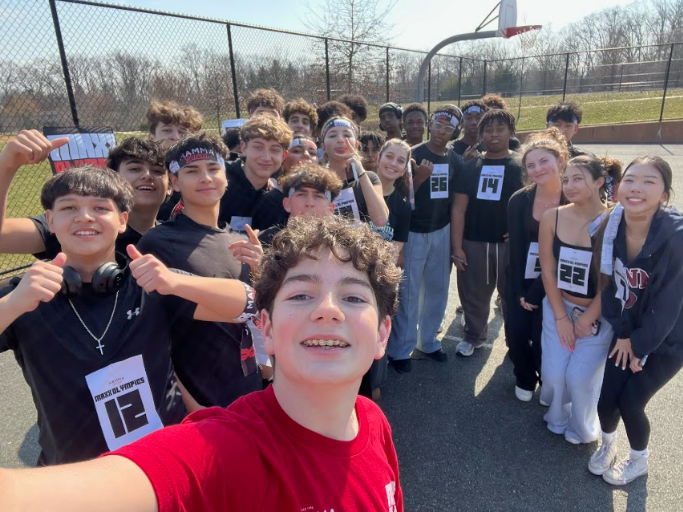Rape is the most underreported crime in the United States despite the fact that one in 5 women will be sexually assaulted at one point in their lives.
Why are survivors afraid to speak up? Why did the Steubenville football players ever think it was okay to rape that young girl? Why did the news and media try to blame the girl for their actions? Why does America have a rape culture?
“Rape culture is deeply embedded in our society,” said Laura Palumbo, Prevention Campaign specialist for the National Sexual Violence Resource Center (NSVRC). “Attitudes and media over time have normalized rape, victim blaming and violence.”
Victim Blaming
When survivors are brave enough to speak up, society tries to silence them by insinuating that they asked to be assaulted. Most people argue that fault should never fall on the survivor, so why do so many people blame them?
“It is easier to say somebody deserved something bad to happen to them than say we created monsters,” senior Elise Levy said.
But society still calls them victims, not survivors, of rape or sexual assault. By being able to take a stand and speak up, they prove that they are survivors and not weak victims and should not be blamed for something they could not control.
Slut Shaming
Another way to make survivors seem small is through “slut shaming.”
Throughout childhood and adolescence, females are told not to wear short skirts, to keep their legs crossed and to always act ladylike; even with all of this etiquette taught to girls to prevent rape, it is rarely a success.
In 2011, a Toronto police officer told women that if they wanted to avoid being sexually assaulted, they should stop “dressing like sluts.”
To end the idea of asking to be raped, which no one ever is, the Slut Walk was created.
According to Heather Jarvis, the co-founder of Slut Walk Toronto, the walk was to be a one-time event in order to combat the police officer’s statement, but it spread and has come to represent the goals of finding an end to sexual violence, supporting all survivors and ending victim blaming and slut shaming.
According to Jarvis, the organization hopes to reach its goals through “challenging the language” that society uses towards rape and sexual violence, including no longer calling survivors of sexual violence “victims.”
Where Do We Go From Here
“Women are put in a dichotomy,” Jarvis said.
Women need to be sensual and attractive in order to entice a mate, but at the same time are expected to be pure and chaste.
The ideas of purity with promiscuity do not go together, according to Jarvis, and this is where part of the problem lies.
Although the process will be lengthy and sexual violence will never be 100 percent stopped, there are steps to reduce it in society including knowing what consent is.
Healthy Sexuality
One of the main concerns in society is the loss of healthy sexuality.
According to the NSVRC, healthy sexuality includes being “consensual, respectful and informed,” in relationships and sexual situations.
When people think it is acceptable to take advantage or force a sexual action on someone, it only furthers the idea of victim-blaming and slut-shaming.
Unlearning
Ideas
According to Jarvis, the efforts to halt sexual violence need to be less about being preventive, and more about being proactive.
According to Jarvis, society must also “unlearn” these habits of sexism and victim blaming, and eventually we will be able to “relearn consent, care and compassion.”
One way to relearn how to be compassionate is through public service announcements on rape and sexual violence.
“We need to start addressing how we raise men, not how people dress,” Levy said. “The best thing to do is to try and get public service announcements on channels with hyper-masculine people watching.”
Although consent is the most important lesson to be taught, it is being taught to potential survivors, not potential attackers.
High school presents an opportunity to shape students as members of society. This opportunity cannot be taken lightly because it either creates caring or ignorant men.
According to a March 2013
Psychology Today article, Zerlina Maxwell, a rape survivor, has a comprehensive five-point plan in order to teach boys early on what respect means.
Her plan includes teaching boys about what legal consent means, how to not see women as sexual objects, how to express masculinity in a healthy way, to believe women when they report the crime and to teach boys how to not be bystanders to sexual violence.
According to Palumbo, April is Sexual Assault Awareness Month (SAAM) and her goals are to “raise public awareness” on sexual violence, as well as “educate communities” on how to prevent sexual violence.
“People are not born this way,” Jarvis said. “We have to unlearn sexism.”













